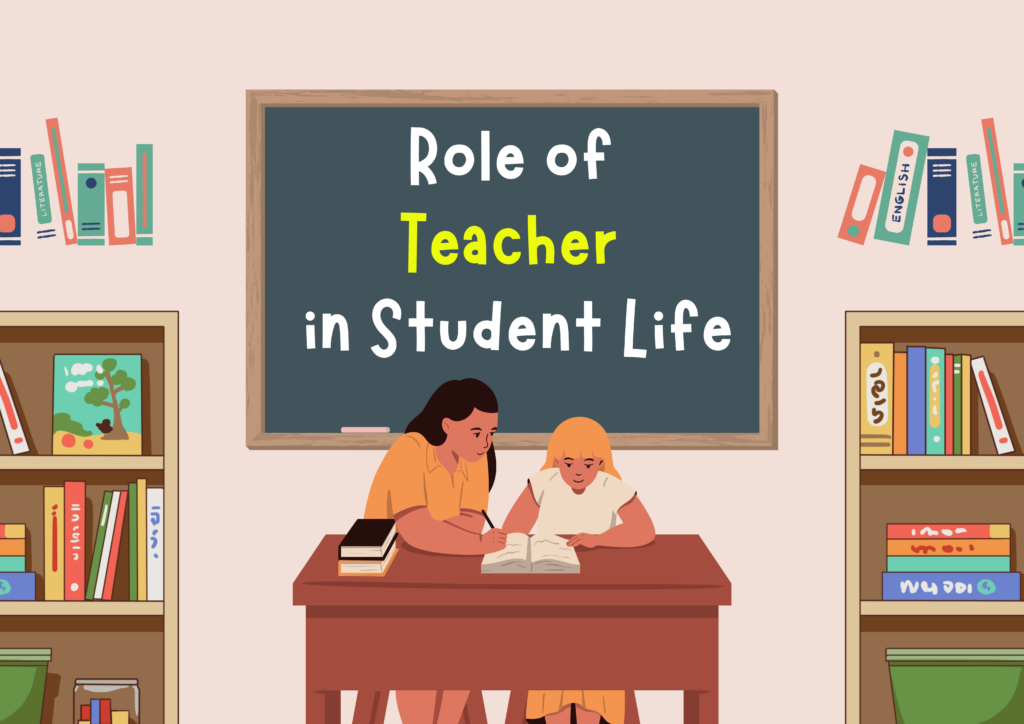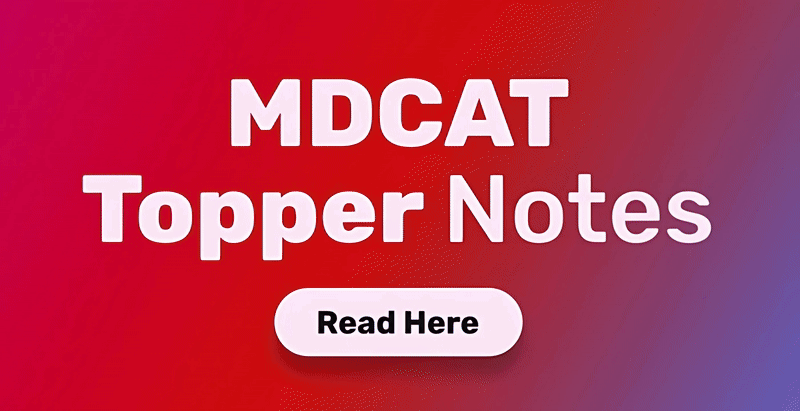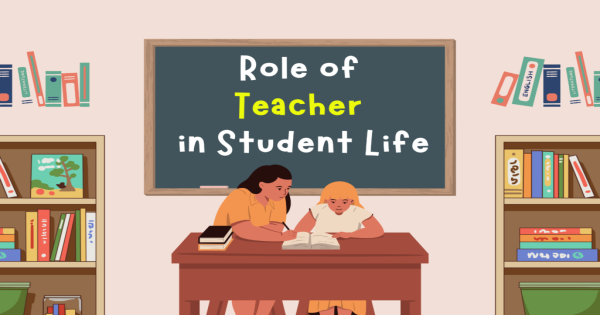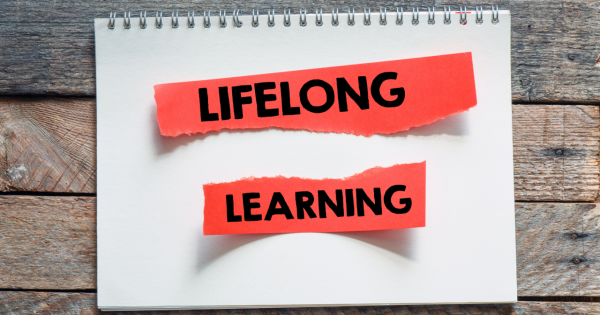
In the tapestry of education, teachers emerge as the master weavers, threading together knowledge, wisdom, and character to create something far more meaningful than mere academic achievement. Their role transcends traditional boundaries, making them the true architects of tomorrow's society.
Beyond the Textbook
Modern educators wear multiple hats in their daily interactions with students. Gone are the days when teachers simply stood at the front of the classroom, reciting facts and figures. Today's teachers function as:
Learning Facilitators
Rather than just delivering information, teachers create dynamic learning environments where students:
- Discover concepts through guided exploration
- Develop critical thinking skills through challenging discussions
- Learn to question and analyze information
- Build connections between different subjects and real-world applications
Emotional Anchors
The classroom often becomes a second home, with teachers providing:
- A listening ear during difficult times
- Guidance through personal challenges
- Support during developmental milestones
- Recognition of individual struggles and triumphs
Nurturing Individual Potential
Every student enters the classroom with unique abilities, challenges, and dreams. Skilled teachers excel at:
Identifying Learning Styles
They recognize that each student absorbs information differently and adapt their teaching methods accordingly:
- Creating visual aids for spatial learners
- Incorporating movement for kinesthetic learners
- Using discussions for verbal processors
- Providing quiet reflection time for introspective students
Tailoring Support Systems
Teachers develop personalized approaches to help each student succeed:
- Offering additional explanations for complex topics
- Creating modified assignments when needed
- Suggesting alternative learning strategies
- Celebrating individual progress, not just achievement
Building Future Leaders
Modern teachers understand their role in developing tomorrow's leaders by:
Fostering Independence
They gradually help students become self-reliant through:
- Teaching decision-making skills
- Encouraging problem-solving
- Promoting self-advocacy
- Building time management abilities
Developing Social Skills
The classroom serves as a laboratory for essential life skills:
- Collaborative project work
- Conflict resolution practice
- Public speaking opportunities
- Leadership role experiences
Technology Integration Masters
In our digital age, teachers must constantly evolve their skills to:
Bridge the Digital Divide
They help students:
- Navigate online learning platforms
- Understand digital citizenship
- Evaluate online information
- Use technology responsibly
Create Blended Learning Experiences
Modern teachers skillfully combine:
- Traditional teaching methods
- Digital tools and resources
- Interactive online activities
- Virtual collaboration opportunities
Cultural Ambassadors
Today's classrooms often reflect our global society, with teachers serving as:
Diversity Champions
They create inclusive environments by:
- Celebrating different cultural perspectives
- Addressing bias and stereotypes
- Promoting mutual respect
- Teaching global awareness
Community Builders
Teachers help forge connections between:
- Students from different backgrounds
- School and home environments
- Local and global communities
- Present learning and future applications
Life Skills Mentors
Beyond academic subjects, teachers impart crucial life skills:
Personal Development
They help students develop:
- Emotional intelligence
- Resilience in facing challenges
- Self-confidence and self-worth
- Goal-setting abilities
Professional Preparation
Teachers provide guidance for future success through:
- Career awareness activities
- Interview skills practice
- Resume writing instruction
- Professional behavior modeling
Agents of Change
Modern educators actively work to:
Challenge Traditional Limitations
They help students:
- Question established norms
- Think creatively about solutions
- Envision new possibilities
- Take calculated risks
Promote Social Responsibility
Teachers encourage students to:
- Engage in community service
- Understand global issues
- Develop environmental awareness
- Practice ethical decision-making
Assessment Innovators
Today's teachers approach evaluation differently:
Multiple Measures
They use various assessment tools:
- Project-based evaluations
- Portfolio development
- Peer review sessions
- Self-assessment opportunities
Growth-Focused Feedback
Teachers emphasize:
- Progress over perfection
- Learning from mistakes
- Continuous improvement
- Constructive criticism
Lifelong Impact
The influence of great teachers extends far beyond graduation:
Character Formation
They help shape:
- Personal values
- Ethical standards
- Work ethic
- Social consciousness
Future Inspiration
Teachers often:
- Spark career interests
- Inspire life paths
- Build lasting confidence
- Create transformative moments
Conclusion
The modern teacher's role has evolved into something far more complex and meaningful than ever before. They are no longer just information providers but rather life shapers, dream builders, and future makers. Their influence extends far beyond academic achievement, touching every aspect of a student's development.
In our rapidly changing world, teachers remain constant guides, helping students navigate not just their educational journey but their path to becoming capable, compassionate, and confident individuals. Their impact ripples through generations, making teaching one of the most profound and important professions in society.
The true measure of a teacher's success lies not just in test scores or grades, but in the lives they touch and the potential they help unlock. As we look to the future, the role of teachers becomes ever more crucial in preparing students not just for careers, but for life itself.
Majid Anwar
Top Contributors
Related Articles
PMDC Launches Online Licensing System to Streamline Medical Registration in Punjab
- ilmkidunya
- 02/Jun/2025








.gif)


































